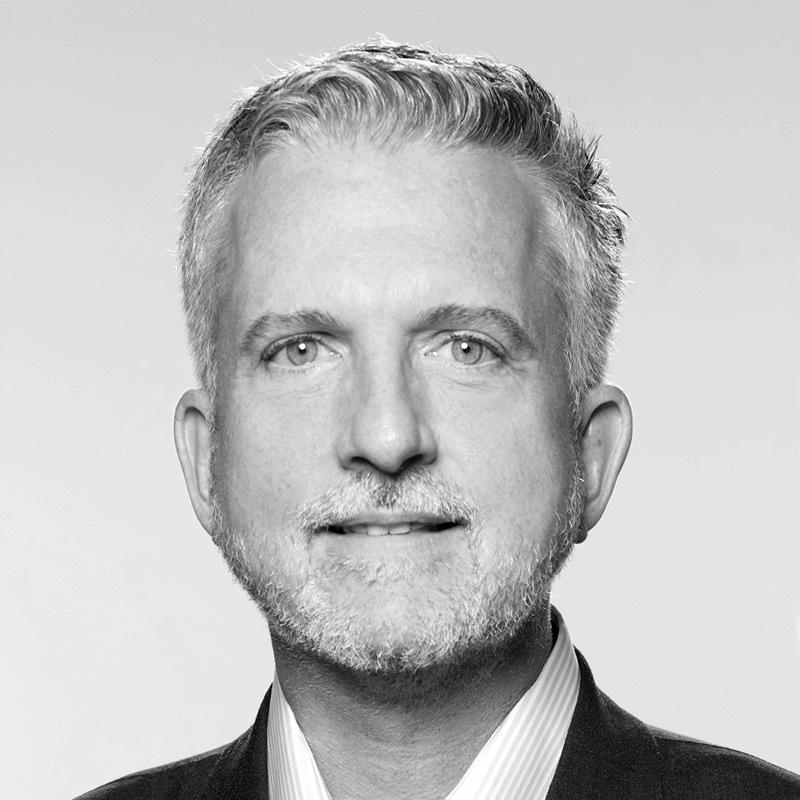Before his years in coaching, Luke Walton spent a decade defending many of the NBA’s most effective wing players. On the latest episode of The Bill Simmons Podcast, Walton talks about which swingmen were the toughest to guard and what it was like to practice with Kobe Bryant and Phil Jackson.
Listen to the full podcast here. This transcript has been edited and condensed.
Simmons: Who was your biggest nightmare to guard at that position when you played? You played for a while, so you crossed a couple of generations.
Walton: The hardest to guard?
Simmons: Because Durant would have to be up there. LeBron would be the easiest, most obvious choice.
Walton: LeBron actually wasn’t the hardest because the scouting report back then was to go under the screen and let him shoot. So if he hits it, then I still did my job.
Simmons: Congratulations, yeah, yeah.
Walton: And when we played them, we used to just load up Andrew Bynum or Pau Gasol on that strong-side block. So if it was an iso, my only job was to get into him and have him drive to my teammate. So I never really got stuck on LeBron with no help. But Carmelo was a monster. He was really tough, and they would feed him time and time again.
Simmons: Physical, quick release.
Walton: Yeah.
Simmons: Post up or face up.
Walton: Tracy McGrady was tough. I kept getting switched onto him. But honestly, the hardest one to guard was in practice. №24. Kobe. There was nothing like trying to guard him on that wing when you were iso-ed.
Simmons: Well, especially when he developed that little post-up game he had too. And it’s like, what do you do at that point?
Walton: You were literally helpless. He was such an asshole. He’d tell you about too. He wasn’t just going; he treated practice as games. It was no different to him. If you’re competing on the court, he was trying to kill you and he was telling you about it. As a man, it’s tough to hear someone tell you about how they’re going to kill you and then [watch them] kill you.
Simmons: It’s interesting. There’s been a few stars over the years that have handled it that way, practice, games, the whole situation. I always wonder — some teammates fall through the wayside. The Celtics had that in the ’80s. Like, Brad Lohaus, they had to trade him, he couldn’t handle it. Did you see that happen with Kobe and a couple of teammates? Did some people just not rise to the occasion.
Walton: No, I think it was good for us. I think it was good for us. Because the fact [is] he did like that on days that we were just tired in the NBA season and we would mentally give in. He would call you on it. He would talk trash at you and he would get the competitive level up to a place where all of a sudden you’re going as hard as you can, because that’s what you do as a competitor. I think the way he approached practice was really good for us as a team.
Simmons: So now that you’re a coach, you probably appreciate it more than you did as a teammate?
Walton: Oh, I love it. I love it now. I try to manipulate the practices to get them to be that competitive. I’ve called even Phil a few times and been like, come on coach. Give me something here.
Simmons: Didn’t he used to lie about the score to get MJ going?
Walton: I’ve heard that.
Simmons: That was always the famous thing, it’d be like 12–8 and he’d be like, "It’s 12–6." And MJ would be like, "No, it’s 12–8." "No, it’s 12–6." Then MJ would get mad.
Walton: So, obviously I don’t know that. But I know he would purposely not give Kobe foul calls. And Kobe would go nuts. He would lose it. Cussing people out. But that’s what Phil wanted to do, he wanted to bring that out of him. And also, for those games that he gets fouled but the ref just blows a call. To give experience for him to fight through that and play. Yeah, now that I’m a coach, that type of competitive atmosphere is what I try to get our practices to look like.
